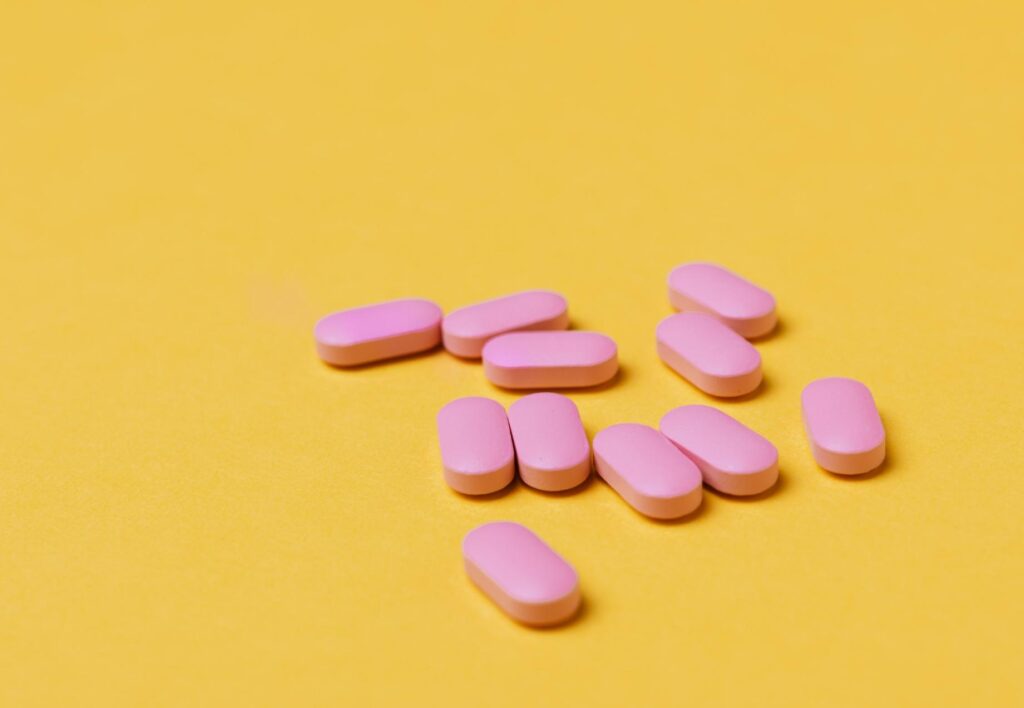When you’re in the grip of addiction and looking for help, it makes sense to consider everything. And yes, kinesiology can be part of a treatment plan for addiction. But first, let’s go back to basics.
What is addiction? In simple terms, it’s the urge to do something that’s hard to control, or stop. And it doesn’t discriminate: anyone of any gender, age or background can become addicted – whether it’s to alcohol, drugs, sex or even exercise.
Why do we become addicted to things?
We still don’t really know why some people develop an addiction to drugs, or how substances hijack the reward centres in the brain, but experts believe addiction is a combination of several things: genetics, your neurobiology and how that all intermingles with other factors – social and psychological.
It might be that you need to numb your pain and emotions. You may have self-worth issues, or find it hard to face up to life’s responsibilities. Financial pressures and relationship issues can also lead to addiction, as can a need to ‘fit in’ with the crowd. Mental health issues such as depression, anxiety or ADHD can also lead to addiction because you might be looking to self-soothe and feel better.
Trauma can also lead to addiction – everyone has a different tolerance for it, but if you have trauma from your past that you haven’t dealt with, or that’s too hard to face, ‘numbing out’ with drugs or alcohol may make more sense.
Addiction can also start as recreational – something that’s a bit of fun, a bit experimental, but that turns into something you just can’t control, and before you know it, you’re hooked.
Have we been wrong about addiction?
When studies on addiction began back in the 1930s, addicts were believed to be weak and lacking in control or willpower. That led to a belief that people with addictions should face punishments rather than be taught preventative measures or given treatment.
We now know that addiction is a medical disorder that affects the brain and changes behaviours. It’s important to remove the stigma surrounding addiction and not shame the addict, but rather realise they’re not in a happy place. They might be mentally unwell, emotionally sick or suffering from loss or trauma. Tolerance, empathy and understanding are key.
It’s really important to remember that addicts aren’t bad people because they have addiction issues.
How can kinesiology help with addiction?
Firstly, if you have an addiction you want to address, know that asking for help is a brave first step. Feeling like ‘enough is enough’ takes work – a lot of work! – and admitting you have an issue is hard. It’s often easier to be in denial about your usage.
I think kinesiology can help at any stage of your addiction journey, as long as you’re willing to change and ideally if you’ve stopped using and are sober.
I’ve worked with addicts of all kinds. People who had bulimia, were addicted to ice or marijuana, wine or gambling. It doesn’t matter what the addiction is, but kinesiology can be one tool in helping you break the cycle and your relationship with the substance. If you understand why you do something and how this habit serves you, then it’s possible to break free from it.
A kinesiology session for help with addiction might involve trying to get to the root of the problem or the trauma, and find the underlying cause. This can be held in the sub-conscious brain and accessed during a session. I’d look at what the triggers might be, your belief system around your habits, look at what steps you could take to change your behaviour and negative self talk, and tailor your healing to how you got sick in the first place.
A Delete/Reset session in particular can be good for re-programming and understanding the behaviours that lead to substance abuse. It’s a powerful 120-minute program which can help change your mindset and create a new way of being.
What else can you do to help yourself?
Great question. Alongside any treatments such as kinesiology you may have, it’s important to seek out the right support.
I’d urge you to join an organisation that deals with recovery like AA, NA, drug counselling or rehab. Being around others who are dealing with the same issues can be beneficial.
You should also reach out to your loved ones, educate yourself, and ask for help. There’s so much help out there, all you need to do is take that first step. Good luck!

